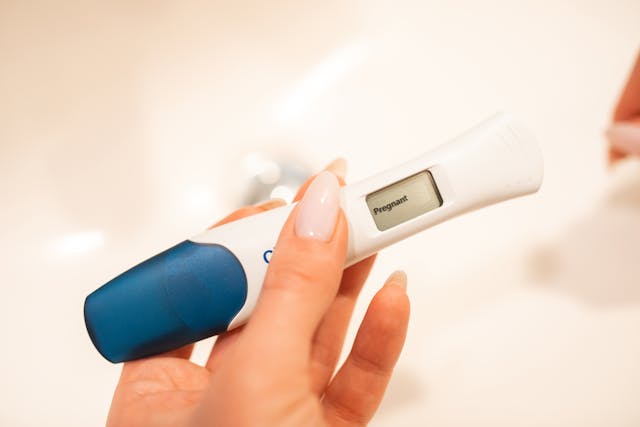When you are pregnant, not only do you have to care for your own health and body, but you will have some very major decisions for your baby during pregnancy and in his early days and weeks as well. Becoming informed will empower you to make important choices for you and your child now and for the rest of his life.
There are some decisions that your pediatrician and the hospital staff will consult with you about, but there are also many procedures that are done routinely unless you specifically ask them not to perform them.
Silver Nitrate / Antibiotic Eye Ointment
Ointments are usually put on the eyes to avoid complications for babies born to women who carry an STD, specifically gonorrhea. Ointments can cause burning, redness, swelling, and other symptoms for the baby.
Women who test negative for any STDs and who are positive that they have not contracted an STD sometimes decline this procedure.
Vitamin K Injection
Vitamin K is often injected to combat low levels in infants after birth. There are alternatives to this procedure including delayed cord clamping and oral doses.
PKU Screening
PKU Screening, as well as screening for other metabolic disorders and genetic conditions, is routinely performed. In some states, these are a requirement and do not qualify for any exemptions. These tests usually include a “heal poke” to collect blood drops on special lab screening cards.
Bathing
Although you might find it strange, many women wish to postpone newborn bathing. They believe that vernix and other natural fluids from birth protect the baby’s skin and are beneficial to his or her health.
Hepatitis B Vaccination
Hepatitis B is an STD that Infants are routinely vaccinated for in hopes of reducing the population who contracts it. In low-risk infants, it is perfectly acceptable to delay this vaccination.
Families that choose not to vaccinate may also decline.
Sugar Water, Formula, Artificial Nipples, & Pacifiers
Some hospitals routinely use sugar water and/or formula immediately after birth to raise the baby’s blood sugar levels. They may also offer your baby a pacifier in the nursery.
Advise your nurse if you plan on breastfeeding. State this clearly in your birth plan. If possible, keep your baby with you, and request that none of the above items be offered to your infant.
Circumcision
Your pediatrician will ask you if you want to have your son circumcised. You should know that this procedure has no proven medical benefits and significant risks.
Circumcision is now considered a cosmetic procedure. Please be informed about this decision that is permanent and will affect your son for the rest of his life.
Make Sure Your Wishes are Honored
- State your wishes clearly in your birth plan and discuss them ahead of time with your chosen pediatrician.
- Place your written requests on or near the newborn exam table and on your baby’s hospital bassinet.
- Keep your baby with you at all times if possible. Many hospitals encourage “rooming in” and will now do your baby’s newborn exam in the delivery room.
- Know exactly what will be done to your baby each time your staff requests to take him or her to the nursery.
- Designate someone, such as your spouse to stay with your infant to ensure that your wishes are carried out.




